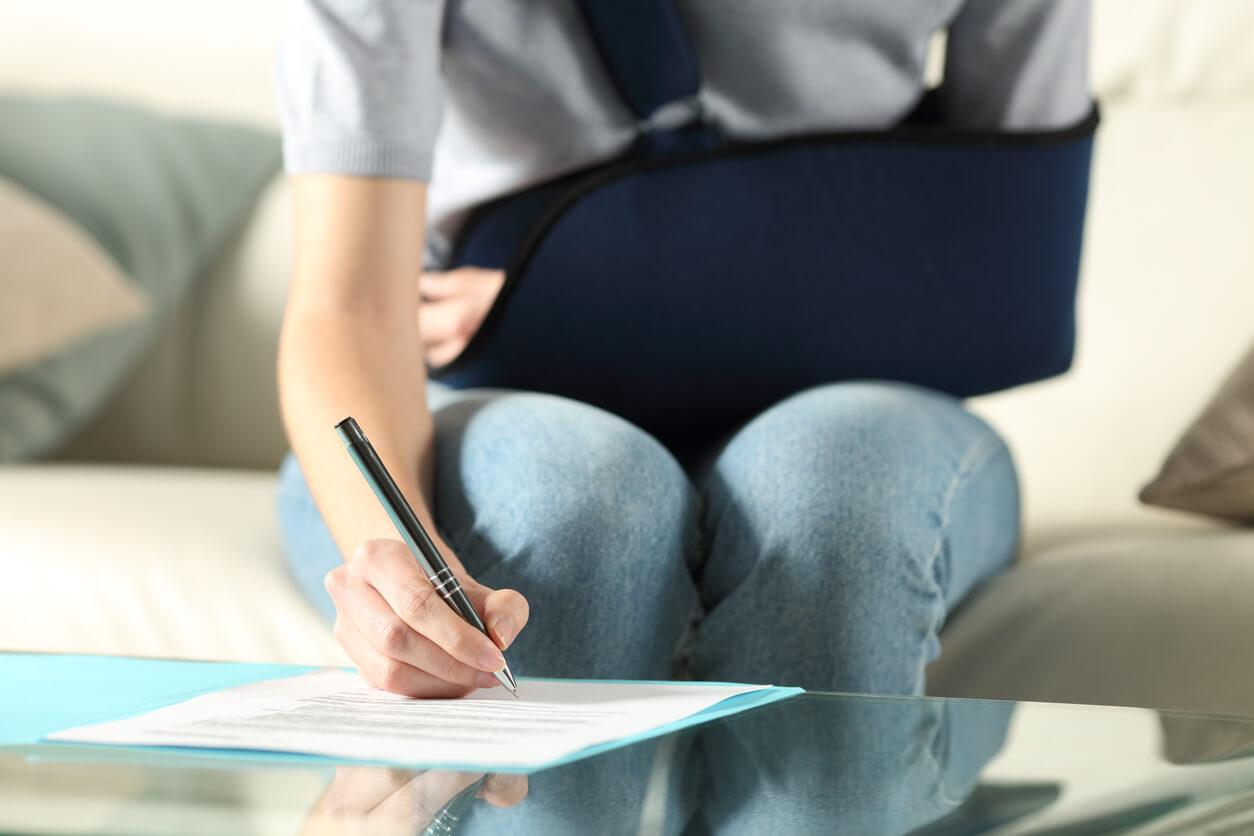Property owners have a duty to keep their property reasonably free of hazards in order to keep those who come on to their property safe. This is how premises liability claims came to be. When a property owner fails to uphold this duty and someone is injured as a result, the injured party can bring a premises liability claim seeking compensation for the harm they have suffered as a result of that failed duty.
What You Need to Know About Premises Liability Claims
Premises liability claims fall under the purview of personal injury law and, like the majority of personal injury claims, they are based on a legal theory of negligence. In order to prove negligence, a claimant must show that they were owed a duty of care, that the party who owed them a duty of care failed to uphold the duty, and that they suffered harm that was caused by this failure. Thus, injury resulting from a property owner’s negligence can be the basis of a premises liability claim.
It is worth emphasizing, however, that being injured on the property of another will not, in and of itself, mean you have a viable premises liability claim on your hands. The simple fact that there was an unsafe property condition on their property does not necessarily mean you have a viable premises liability claim on your hands. The property owner must have known or should reasonably have known about the hazardous condition and taken reasonable steps to neutralize the danger it posed.
Slip and fall cases are perhaps the most common or the most well-known type of premises liability claim. In a slip and fall case, a fall is caused by a dangerous property condition on the property of another. Dangerous property conditions that lead to such falls often include:
- Staircase defect
- Ice or snow
- Wet or slick floors
- Walkways in disrepair
- Unsecured rugs
Dog bite cases are another common type of premises liability claim. Property owners that have dogs have a duty to keep their dog properly restrained. This is especially true if the property owner is aware that the dog has a tendency to be aggressive. If a dog is not properly secured by a leash, fencing, or something else, and that dog injures a person, then the dog owner can be held responsible for the resulting harm suffered by that person.
When a person brings a premises liability claim, they can seek compensatory damages. Compensatory damages are indeed intended to compensate a claimant for harm they have suffered. A premises liability claimant can seek damages such as:
- Cost of medical care
- Cost of future medical care
- Lost wages
- Loss of future earning capacity
- Pain and suffering
In certain cases that prove particularly egregious, a claimant may be able to seek punitive damages. Unlike compensatory damages, punitive damages seek to punish the at-fault party and deter others from engaging in such behavior.
Philadelphia Personal Injury Attorneys
If you have been injured on someone else’s property, do not hesitate to get in touch with the trusted personal injury team at Cooper, Schall & Levy to discuss your options for bringing a premises liability claim. Contact us today.


